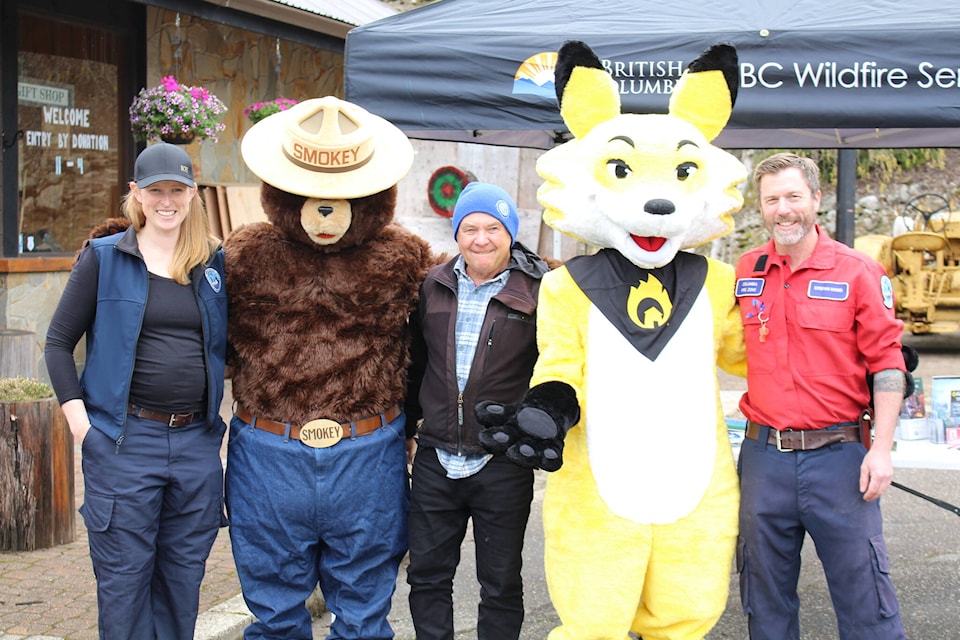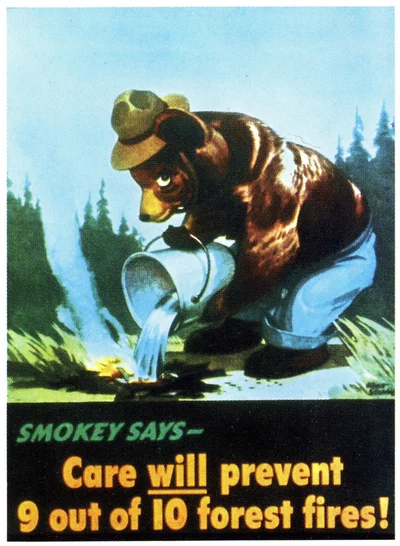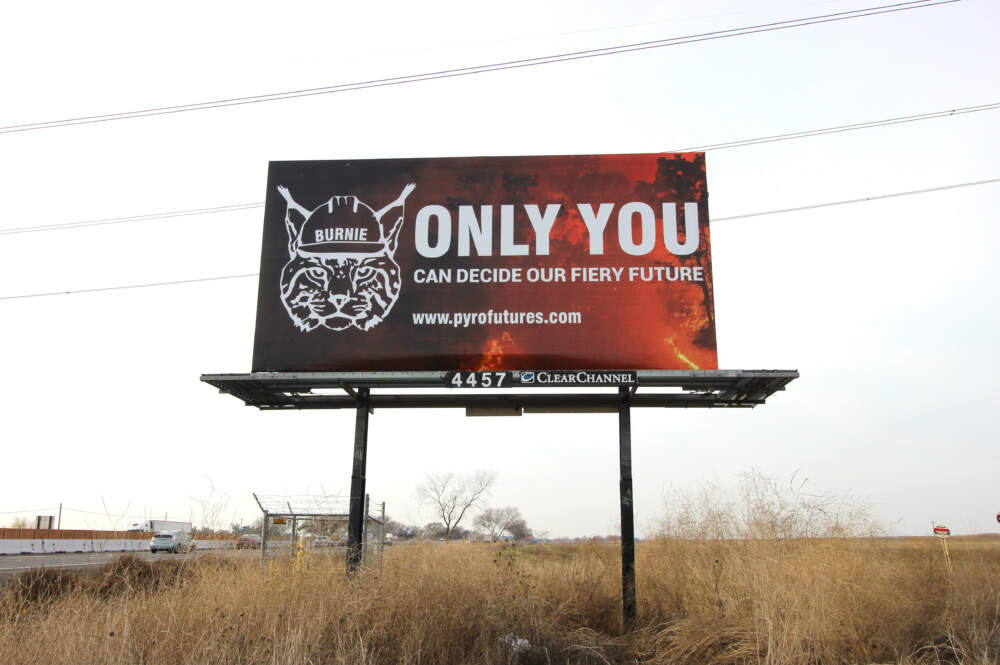Burnie’s message seems a little abstract- maybe we shouldn’t retire Smokey yet?

The 4th of July seems like a good time to take up the issue of one of the unmodeled-in-all-studies-of-future-fires factors. Yes, the sources of human ignitions and how they change over time. This is what I think we know about human ignitions:
1. Some people do extraordinarily dumb things,
2. Some people set fires on purpose intending to cause wildfires (e.g. Hayman Fire, college prof in California) for a variety of reasons,
3. Some people have campfires or cookfires that get out of control.
4. Some people are doing ordinary things, underestimating fire risk (e.g. dragging trailer chains).
5. Some people have equipment that sparks when it is working incorrectly (e.g. power companies).
6. Some people have prescribed fires, managed fires, or other burning operations that get out of control.
Perhaps there are other that we could add to the list. That’s an extremely broad range of behaviors.
Now if we think about how to change human behavior, we usually think of education (e.g. Smokey Bear), laws and enforcement thereof, and litigation for the deep-pocketed.
That’s an extremely broad range of behaviors. If we knew the proportion of each group, we could potentially target education programs to them. But it seems like it’s hard to get that data, beyond “human-caused.”
I didn’t verify his numbers, but the Hotshot Wakeup wrote a post that claimed:
92% Of All Wildfires This Year Have Been Human Caused. Those Fires Account For 98% Of All Acres Burned.

He also had a fun rant on his podcast a piece on this Outdoors magazine article that said “let’s shut down campfires entirely” due to ..climate change. Which sounds a bit like the arguments against managed fires. When I was hunting for the link to the Outdoor article, I discovered that they had published an opinion piece with almost exactly the same idea by a different author in 2021, the tie-in for that one was to the IPCC report (I’m not making this up).
Last week, I happened to be at a subdivision in the Sacramento area, nowhere near the WUI. We got a text that there was a fire behind the houses on the next street, and police came around looking for the people who they thought started it. There are many homeless tents in the dried grass around the area; at some point we’d know the people who started it and why if it was easy to find the results of investigations (which as far as I can tell, is not easy). A few miles away, a large fire close to another subdivision
was started by a homeless person’s fire.
There is some discussion that the cause of the Darlene 3 Fire in Central Oregon was a long-term camping group. In the comments, one person spoke about the outreach that goes on in their community to these groups in terms of fire prevention. It seems to me that you can sympathize with both groups, the homeless and the local homeowners. Starting a fire unintentionally is good for no one, nor are fines (for people with money) nor prison terms. But the world has changed and now substantially more homeless people camp and have fires, therefore due to non-climate-related changes, we can expect more fires.
Human-caused wildfire are different than lightning fires. Often lightning occurs with rain. Human causes can occur at the hottest, driest and windiest (when air resources can’t fly), time of the year, and throughout the year. Let’s face it, there are a lot more humans around. Check out the trail of campers heading to the woods for next weekend, and think about the numbers 30 years ago. Certainly changes in climate can be correlated with increasing problematic wildfires, but so could increases in population, in population in the woods, and so on. When we were worried about not enough people enjoying the outdoors (the Nature Deficit, remember that), we wanted more people to get into the wildlands. After Covid, we have.. too many? And if more people mean more fires, then resources will be stretched.. leading to less control, possibly leading to more problematic fires. Maybe “if you set them, they are bad” was not an untrue message all along. Sometimes nuance gets in the way of clarity.
I’m also pointing out what seems like a serious data deficit. Somehow we have wildfire-climate models that predict acreage of wildfires in 2100, yet we don’t have easily accessible data on human ignitions. At least not to the level of detail that we would need to try, or compare, different policy interventions to reduce ignitions on meaningful scales. It’s probably too simple to say “there’s lots of money to study climate and lots of satellite data so we tend to see the world through that lens.” And yet, what are we not seeing when we look through that lens?
For today and this weekend, though, let’s be careful, observe restrictions, and be watchful for those who don’t.
